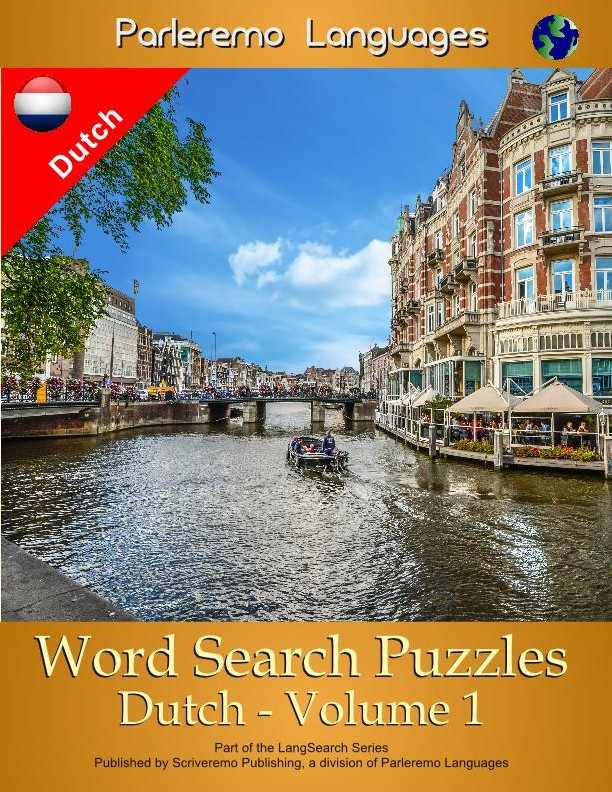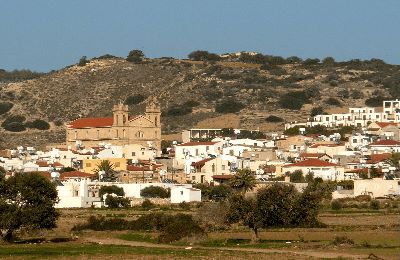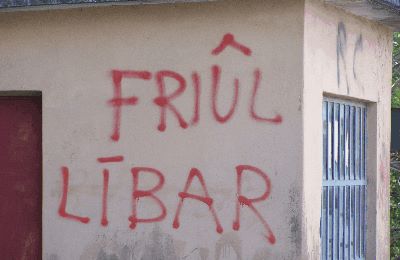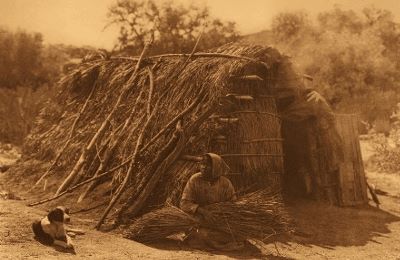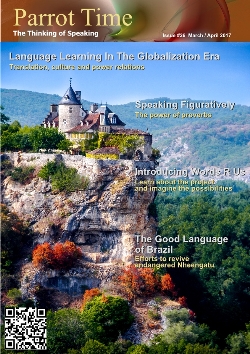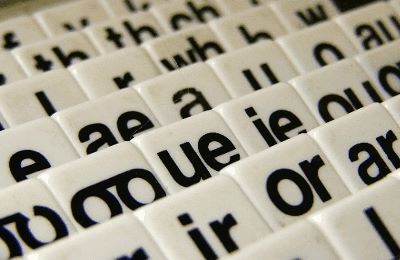The Decline of Sicilian

|
Off the coast of what most would call the "toe" of Italy is the island of Sicily. Its official language is Italian, like the rest of Italy, but it also has its own language, Sicilian, which is in danger of completely dying out, despite being spoken by the majority of the inhabitants of Sicily (around 5 million) and by emigrants in other countries. Sicilian is a Romance language, like Italian, and is distinct enough from Italian to be recognized as a separate language. However, it is not recognized as an official language, even in the region it is named for, but it is officially recognized in the municipal statutes of a few Sicilian towns, meaning the locals accept it as official even if the rest of the country does not. It is supposed to be protected and promoted under the European Charter for Regional or Minority Languages, but while Italy has signed this treaty, the Italian Parliament has not ratified it. History 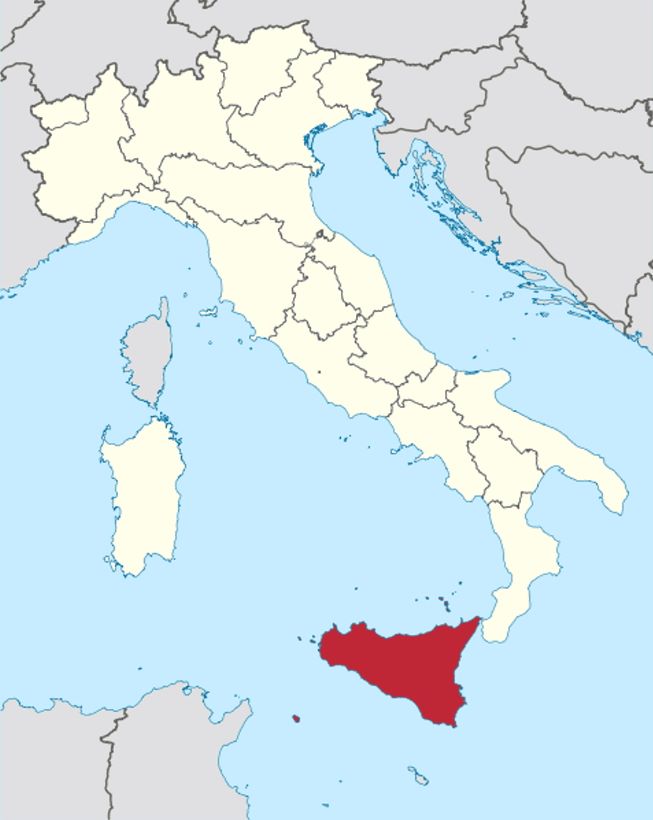 Sicily is the largest island in the Mediterranean Sea and can trace its inhabitants to three tribes as far back as 8000 BCE: the Sicani, the Elymians, and the Sicels. It is the Sicels which the name "Sicily" eventually came from, even though they were not the only people to inhabit the island. Of the three, only the Sicels were Indo-European, and their language was probably closely related to that of the Romans who came later. In fact, over a dozen bodies of people of inhabited the island though the centuries, including the Phoenicians, ancient Greeks, Romans, Ostrogoths, Byzantine Greeks, Moors, Normans, Swabians, Spaniards, Austrians, and, of course, the Italians. Most of these groups contributed their own linguistic influences to the region. The Phoenecians were the next to arrive after the initial trio had settled, arriving around 10th century BCE, to be replaced two centuries later by the ancient Greeks. While we often talk about the Romance languages being most influenced by the Romans in the form of Latin, it is Greek which probably had the most influence over Sicilian. The Romans did not arrive until relatively later, in 3rd century BCE. During the Roman occupation after the end of the First Punic War (261 BCE), vulgar Latin was the primary language spoken the troops there, and their mingling with the existing people affected the language, but only in some regions. The majority of the regions were still speaking Greek. This fragmentation had caused linguists to view Sicilian as a neo-Latin language, meaning it did not descend directly from Latin.  The fresco "Roger of Sicily Receiving The Keys of the City" (1830) by Giuseppe Patania, showing Roger of Hauteville (who became Roger of Sicily I) being rewarded. After the Romans, it was the Ostrogoths (the eastern branch of who would later be the Goths) who occupied Sicily from 476 to 535, although their short time there left little impression on the Sicilian language. The other groups mentioned previously ruled the Kingdom of Sicily for varying lengths of time over the centuries so that by 1000 CE, it was a mix of small states and principalities with various languages and religions. During this time, it was controlled by Saracens (people who lived in desert areas around the Roman province of Arabia, but not Arabs) so that even Arabic had an effect on Sicilian. Then around 1061, two Southern Italy adventurers, Roger of Hauteville and Robert Guiscard (brothers, despite the names), attempted to take over Sicily. The conquest took 30 years, during which time Robert died, and Latin, along with Normand (for the brothers were of Norman descent), altered the Sicilian language further. The mixing of the languages makes it difficult to trace the origins of each word. Sometimes, a word might have come almost directly from one of the prehistoric tribes, or it might have come from one of the other later languages who had been influenced similarly. Also, a word might seem to come from Greek, but exactly which period of the Greek language is unsure, or even if it is actually came from another language which was influenced by Greek. Even with the mixing, there are still some Sicilian words which could have only come from the prehistoric tribes or some other language group not normally associated with Sicilian origins. This makes Sicilian an important language to look at when trying deduce what the earliest Indo-European languages may have looked like. Today 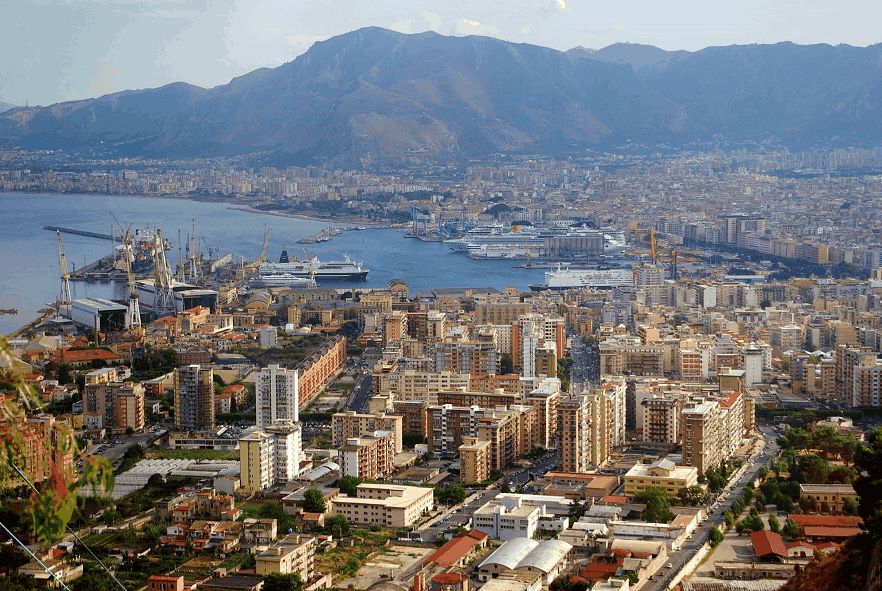 Modern day Palermo, the capital of Sicily Despite the large number of Sicilian speakers, it still remains a minority language in its own home. While authors sometimes use Sicilian, most of the Sicily population is only literate in Italian. The younger generation is not learning the language and it is not being taught in the schools. Even sadder, Sicilian immigrants often find that the words and phrases their grandparents taught them are no longer correct, since the language has changed that much in just the last century. While this makes for an interesting situation for linguists, in which they get to study an older form of the language outside of its place of origin, it only furthers the demise of the language, since even the remaining speakers are divergent. |
| Languages in Peril - The Decline of Sicilian | ||||||||
| Writer: | Erik Zidowecki | |||||||
| Images: | ||||||||
| ||||||||
| Sources: | ||||||||
| ||||||||
All images are Copyright - CC BY-SA (Creative Commons Share Alike) by their respective owners, except for Petey, which is Public Domain (PD) or unless otherwise noted.
|
Searching for language resources? Find entertaining and educational books for learning a language at Scriveremo Publishing. Just click the link below to find learning books for more than 30 languages!
| |
comments powered by Disqus
